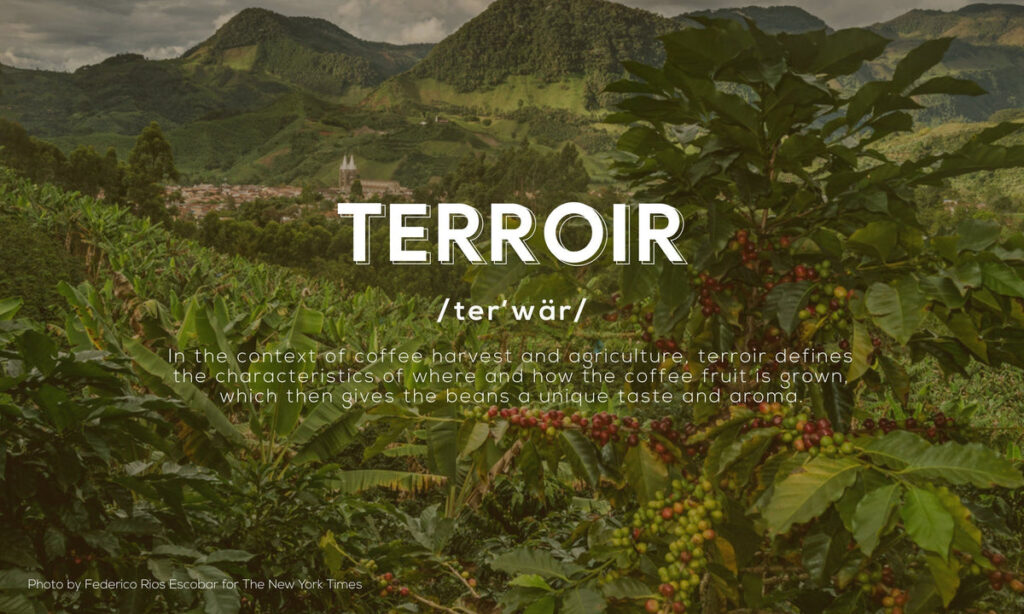The Dominance of Chinese Descendants in Indonesia’s Palm Oil Industry Despite Racism: Sociocultural, Socioeconomic, and Historical Perspectives
Indonesia stands as the world’s largest producer of palm oil, an industry that powers 4.5% of the nation’s GDP and employs millions. A striking feature of this economic powerhouse is the prominent role played by Chinese Indonesians, who own many of the leading palm oil companies, such as Sinar Mas and Wilmar International. Despite facing deep-seated racism and discrimination, Chinese Indonesians have risen to dominate this sector. This article explores the historical, cultural, and economic factors behind their leadership and examines how they have overcome adversity to maintain their position.
Historical Foundations of Influence
The roots of Chinese Indonesian dominance in Indonesia’s economy stretch back centuries. During the Dutch colonial era (17th–18th centuries), Chinese immigrants were encouraged to settle in Indonesia to serve as traders and intermediaries. This positioned them as key players in commerce and agriculture. After Indonesia gained independence in 1945, the palm oil industry began to expand, particularly in Sumatra and Kalimantan, building on earlier Dutch plantations.
The real turning point came during the Suharto regime (1967–1998). Suharto’s government implemented policies that favored Chinese Indonesian businessmen, granting them land concessions and business licenses. This era of “crony capitalism” allowed entrepreneurs like Eka Tjipta Widjaja of Sinar Mas and Sukanto Tanoto of Royal Golden Eagle to establish vast palm oil empires. These historical advantages laid the groundwork for their modern-day leadership, giving them a head start in an industry that requires significant land and resources.
Cultural Drivers of Success
Cultural values have played a pivotal role in the success of Chinese Indonesians in the palm oil industry. Within their communities, there is a strong emphasis on education, hard work, and entrepreneurship—traits passed down through generations. For example, Sukanto Tanoto, despite limited formal education due to Suharto’s closure of Chinese schools, taught himself English and built a global business empire. This dedication to self-improvement and diligence is a common thread among Chinese Indonesian leaders.
Another critical factor is the concept of “guanxi,” or personal networks, rooted in Chinese culture. These tight-knit family and community ties provide access to capital, knowledge, and business opportunities. Many palm oil companies, such as Asian Agri (owned by Tanoto), are family-run, ensuring cohesive management and long-term planning. Business associations and chambers of commerce further strengthen these networks, helping Chinese Indonesians navigate Indonesia’s complex regulatory and economic landscape.
Economic Advantages
Economically, Chinese Indonesians have leveraged several advantages to dominate the palm oil industry. Historically, they accumulated wealth through trade, giving them greater access to capital than many indigenous Indonesians. This is crucial in the palm oil sector, which demands substantial investment in land, machinery, and processing facilities. For instance, Anthony Salim’s Indofood Agri Resources manages over 337,585 hectares of plantations, a scale made possible by significant financial resources.
Education has also been a key differentiator. Chinese Indonesians prioritize higher learning, producing a skilled workforce capable of managing large-scale operations. Theodore Rachmat, a graduate of the Bandung Institute of Technology, used his expertise to grow Triputra Agro Persada into a major player. During Suharto’s rule, close ties with the government further amplified their economic edge, providing preferential access to land and permits. These factors combined to create a powerful foundation for their leadership in the industry.
Resilience in the Face of Racism
Despite their success, Chinese Indonesians have faced persistent racism and discrimination in Indonesia. Anti-Chinese sentiment, often fueled by economic disparities and political scapegoating, has led to violent outbreaks, such as the 1998 riots, where Chinese businesses and homes were targeted. This hostility stems from perceptions of wealth and privilege, even though Chinese Indonesians make up only about 1–2% of the population.
Yet, they have shown remarkable resilience. Their strong community networks have been a lifeline, offering mutual support and resources to weather crises. Business acumen and adaptability have also allowed them to thrive despite adversity. For example, after the 1998 riots, many Chinese Indonesian tycoons rebuilt their enterprises, leveraging their skills and connections to recover. Their focus on education and entrepreneurship has enabled them to innovate and maintain a competitive edge, turning challenges into opportunities for growth.
Why They Lead Despite Racism?
So, why have Chinese Indonesians become leaders in the palm oil industry despite facing racism? The answer lies in a combination of historical privilege, cultural strengths, economic advantages, and sheer resilience. Historically, colonial and post-independence policies gave them an early foothold in commerce and agriculture, which they expanded under Suharto’s favoritism. Culturally, their emphasis on education, hard work, and “guanxi” fostered an entrepreneurial spirit ideally suited to the palm oil industry’s demands. Economically, access to capital and a skilled workforce allowed them to scale their operations rapidly.
Racism, while a significant barrier, has not deterred their success. Instead, it has forged a community that relies on internal solidarity and adaptability. By building robust networks and focusing on business innovation, Chinese Indonesians have turned discrimination into a motivator, proving their ability to succeed against the odds. Their dominance is not just a product of opportunity but a testament to their capacity to overcome systemic challenges through determination and strategic thinking.
Challenges and Responsibilities
This leadership, however, comes with complications. The expansion of palm oil plantations has led to land disputes with local communities, environmental degradation from deforestation, and labor issues like low wages and poor working conditions. These problems have fueled criticism and calls for reform. Initiatives like the Roundtable on Sustainable Palm Oil (RSPO) aim to promote responsible practices, but implementation remains uneven, especially among smaller producers.
The prominence of Chinese Indonesians in the industry often amplifies these tensions, as their wealth and influence make them visible targets for blame. Addressing these challenges is essential for sustainability and improving their social standing in a country where racial divides persist.
Conclusion
The leadership of Chinese Indonesians in Indonesia’s palm oil industry is a complex story of triumph over adversity. Historical opportunities, cultural values, and economic strengths have propelled them to the forefront of this vital sector. Despite facing racism, their resilience, rooted in community networks, education, and adaptability, has ensured their continued dominance. However, with this success comes the responsibility to tackle the industry’s social and environmental issues. As Indonesia remains a global palm oil giant, the role of Chinese Indonesians will be critical in shaping a future that balances economic growth with equity and sustainability.
What Can We Learn From Them?
Author
Muhammad Satrio
Muhammad Satrio is a multidisciplinary professional with a background in Agroecotechnology and a strong interest in agribusiness, export management, and digital marketing. He has worked in both national and international companies, gaining valuable experience in multicultural environments. With hands-on involvement in social media strategy, translation, hospitality, and research in landscape design and biotechnology, Satrio is known for his adaptability, multilingual fluency, and familiarity with ISO standards. He thrives in dynamic roles that challenge him to grow beyond his comfort zone.


